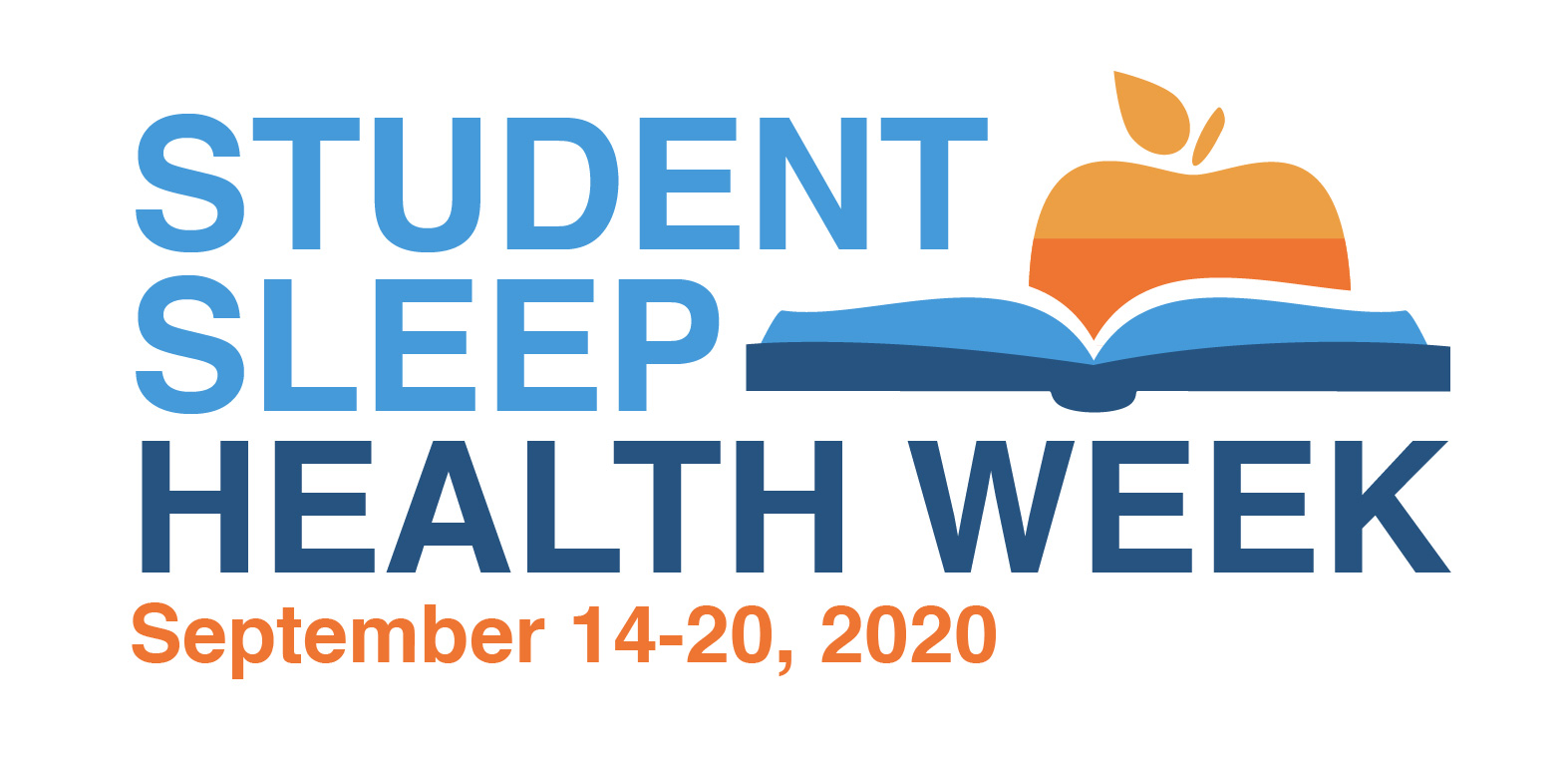Students nationwide are returning to school under unprecedented circumstances. While the new reality looks different than in years past, there is one component of student life that is just as important as ever before – sleep. Sleep impacts every facet of children and teen’s health and well-being, and now is the time for families to incorporate healthy sleep routines into day-to-day habits. To emphasize the importance of catching adequate Z’s, the American Academy of Sleep Medicine (AASM) is hosting the first-ever Student Sleep Health Week, Sept. 14-20, 2020.

A: Achieve Restful Sleep
Due to the ever-changing demands of their growing bodies, children and teens have different sleep needs than those of adults. The AASM recommends that children between the ages of 6 and 12 years should get nine to 12 hours of nightly sleep, and teens between the ages of 13 and 18 years should get eight to 10 hours of sleep to promote optimal health. However, a recent survey from the AASM found that more half of parents (57%) report that they have a child who does not get enough sleep on school nights. The right duration of restful sleep is associated with improved attention, emotional regulation, quality of life and physical health, while students who do not achieve such sleep are more susceptible to attention, behavioral and learning challenges.
B: Be Aware of Competing Time Commitments
Students have more demands on their time than ever before. In fact, early school start times (40%), homework (39%), sports (34%) and social media (33%) are noted by parents as having a large impact on their children’s ability to achieve the necessary amount of nightly sleep. Other activities that can have a large impact on sleep include hobbies (32%), spending time with friends (29%), chores/jobs (27%), band/music (26%) and clubs (25%). As students adjust to new routines amid COVID-19, it is important that they embrace healthy sleep habits to ensure continued success, both at home and in the classroom.
C: Create a Routine
The back-to-school season is a great opportunity for families to get into a new groove of healthy sleep habits. Healthy sleep starts with a set routine – and consistency is key. Here are some tips to kick-off the new school year strong:
- Create a schedule — Having a consistent waketime and bedtime is crucial to maintain a healthy body clock, especially during COVID-19. In fact, many parents state that remote learning due to COVID-19 has affected the consistency of their children’s bedtime (42%) and waketime (39%).
- Set the tone – Ensure bedrooms are free of distractions and conducive to sleep, with a quiet, cool environment.
- Find a wind-down ritual – From reading a book to taking a warm bath, try relaxing activities to prepare for bed.
- Limit blue light exposure – Technology inhibits the body from naturally falling asleep and further impacts sleep quality. Have kids turn off electronics at least 30 minutes before bedtime and store the devices outside of the bedroom overnight.
Parents, teachers and role models can lead by example during Student Sleep Health Week and beyond. As this school year is shrouded in uncertainty — with students learning in the classroom, remotely and in hybrid formats — students can find confidence and security with a healthy sleep routine, which will prepare them for whatever the day may bring. To learn more about Student Sleep Health Week, please visit http://sleepeducation.org/student-sleep-health-week.


